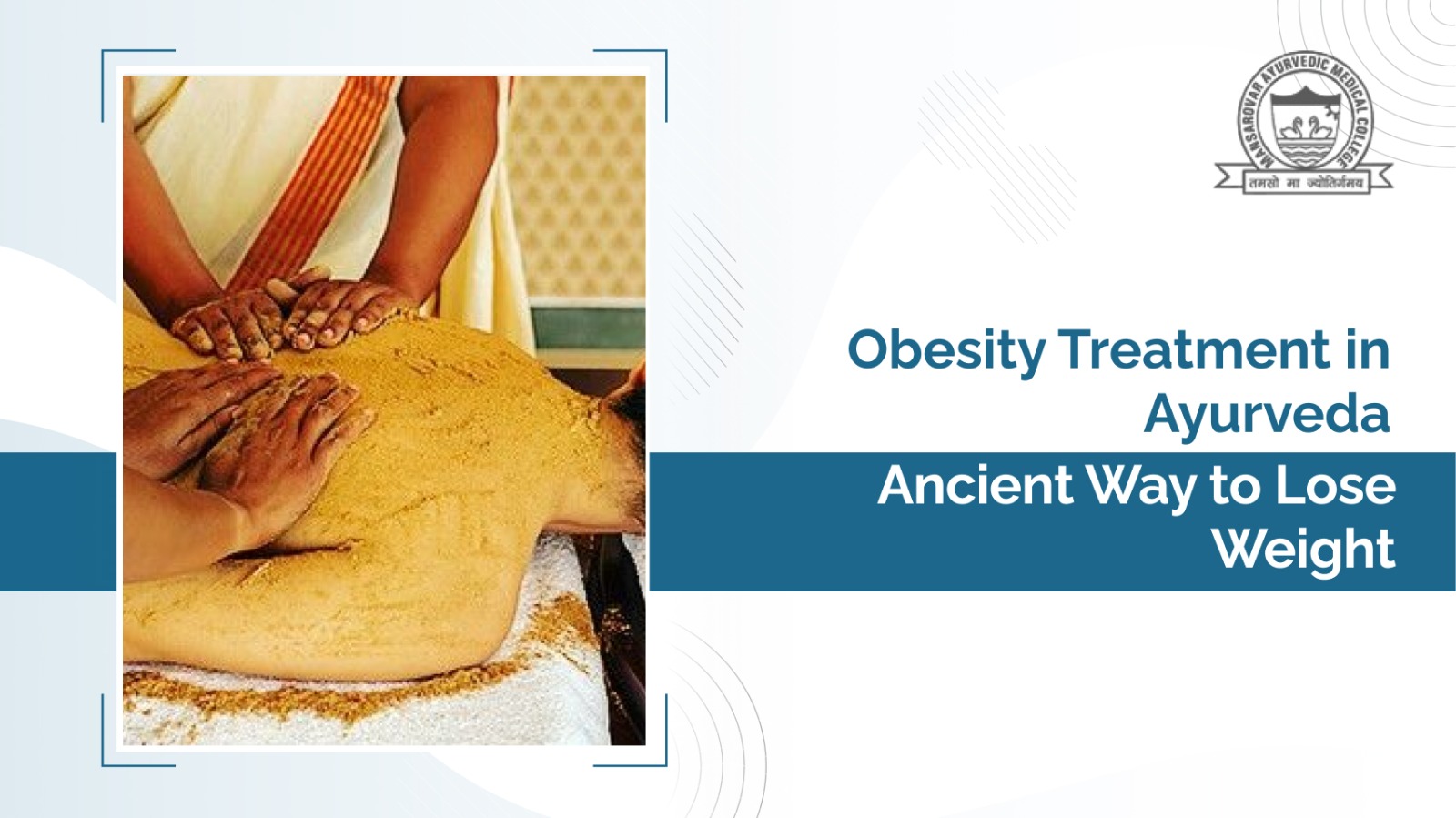
In Ayurveda, Nasya therapy is a step in the Panchakarma treatment. It is referred to as a comprehensive method for cleansing not only the head but also the body senses. Along with a wide range of advantages, such as improving mental clarity and respiratory health, the treatment also helps improve neurological and sensory issues.
In this guide, we will discuss Nasya treatment benefits along with its categories, working mechanism, and who is likely to get the most out of it. We will also talk about the BAMS program at one of the top BAMS colleges in Bhopal.
Nasya is one of the five primary treatments of Panchakarma, an Ayurvedic detox regimen designed for internal cleansing, which primarily targets the head area. The word "Nasya" has a Sanskrit meaning that is connected with the nose. This therapy comprises the inhalation of medicated oils or herbal powders and the smoke from certain plants to remove toxins and activate the sensory organs.
It aims solely to reduce Vata and Kapha imbalances in the head, thereby improving issues such as chronic sinusitis, migraines, lack of sleep, and neurologic issues. You can get this therapy done at any of the best Ayurvedic hospitals in India, which provide advanced treatment using deep-rooted techniques.
Nasya therapy works by stimulating the nasal mucosa, opening blocked microchannels (srotas), eliminating toxins, and nourishing the sensory organs.
Nasya treatment benefits people experiencing Vata-Kapha imbalances and conditions such as:
At Mansarovar Ayurvedic Medical College & Research Centre, Bhopal, students get hands-on education in Panchakarma therapies including Nasya, as part of the BAMS program affiliated with Mansarovar Global University.
Graduates of this program become qualified Ayurvedic practitioners capable of prescribing therapies like Nasya confidently based on dosha analysis and patient condition.
Nasya treatment benefits extend beyond nasal detox. It improves brain function, calms the mind, and restores balance in neurological and sensory systems. As a vital part of Panchakarma, it is both preventive and curative, helping with chronic conditions and promoting daily well-being.
For those interested in mastering Ayurvedic therapies, Mansarovar Ayurvedic Medical College offers a comprehensive BAMS program that includes the study and practice of Nasya therapy. Learn the art of healing through Ayurveda and share its wisdom with the world.
When done properly, Nasya has minimal side effects. Some people may experience mild irritation, sneezing, or watery eyes temporarily.
Typically, Nasya therapy lasts for 7–15 days depending on the condition and doctor's prescription.
On average, it costs ₹500–₹1500 per session. Packages for multiple sessions may offer discounts.
Oils like Anu Taila, Vacha Taila, Kumkumadi Tailam, ghee, or sesame oil are commonly used based on patient dosha and condition.

Experience Authentic Healing at a Renowned Ayurvedic Hospital in Bhopal

Experience Healing at the Best Ayurvedic Hospital in India

Experience Expert Shalya Tantra Care at Best Ayurvedic Hospital in India

Healing Naturally at the Best Ayurvedic Hospital in Bhopal

Obesity Treatment in Ayurveda: A Natural & Holistic Approach to Weight Loss

Vata Dosha in Ayurveda - Meaning, Causes, Diet Plan & Treatment

Complete Guide to Panchakarma Treatment: Ayurveda’s Deep Cleansing Therapy

Basti Panchkarma Therapy – Ayurvedic Basti Treatment Benefits

Top Nasya Treatment Benefits You Should Know

Explore the Panchakarma Treatment Benefits

BAMS Colleges in Madhya Pradesh – Choose Excellence in Ayurveda

Best Ayurvedic College in India – Why Choose MAMC Bhopal

Best Private Ayurvedic College in Bhopal: Top Colleges for Ayurvedic Studies in Bhopal, Madhya Pradesh

Best BAMS Colleges in Madhya Pradesh

Can Ayurveda Support Women's Health at Every Stage of Life?

How BAMS Courses Prepare Students for a Dynamic Career in Ayurveda

How Ayurveda Aligns Mind, Body, and Spirit for Optimal Health

Is Ayurvedic College Right for You? Exploring Your Options

Is Choosing a Private College for Obtaining a BAMS Beneficial?

10 Benefits of Having an Ayurveda Degree